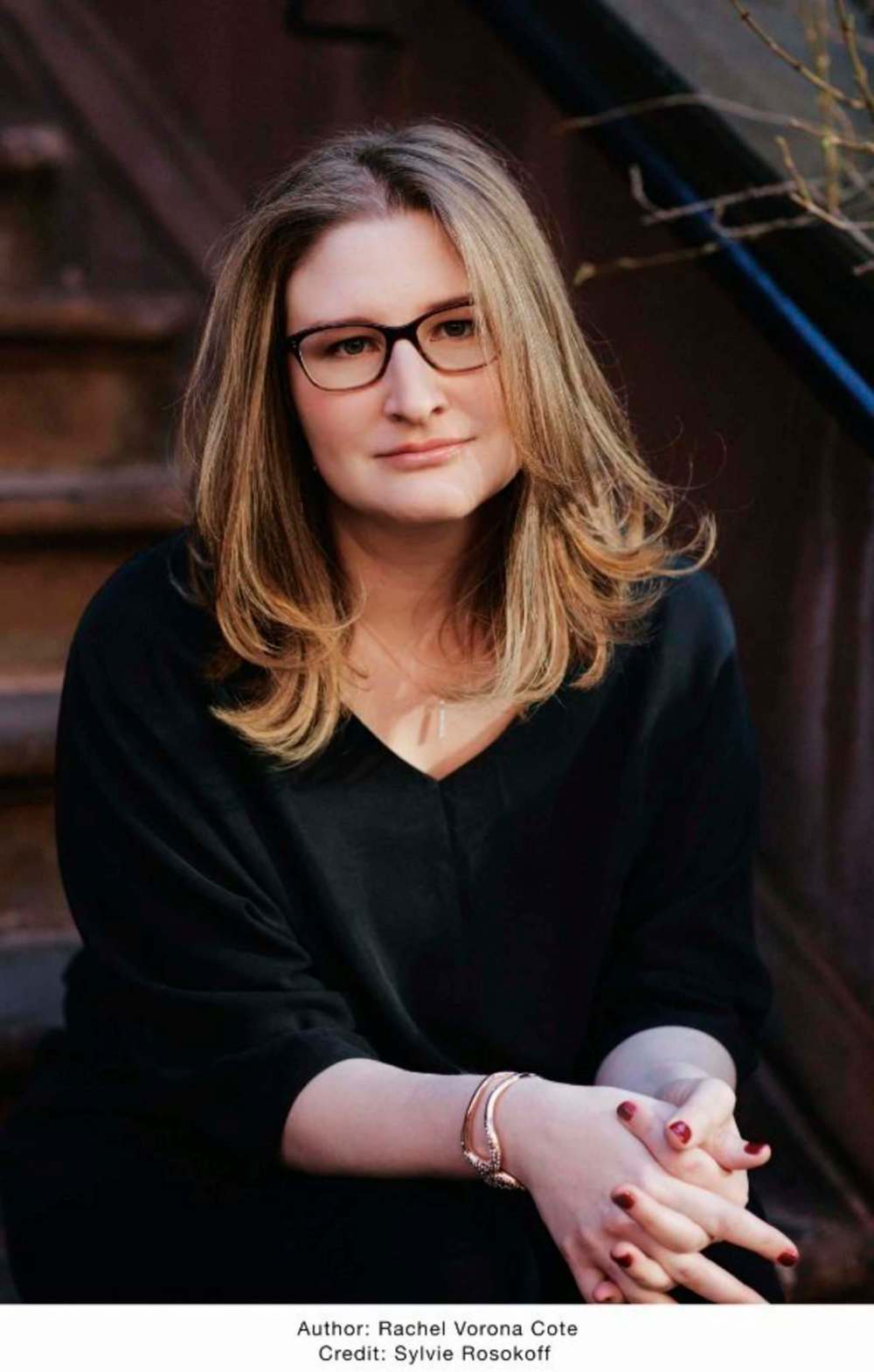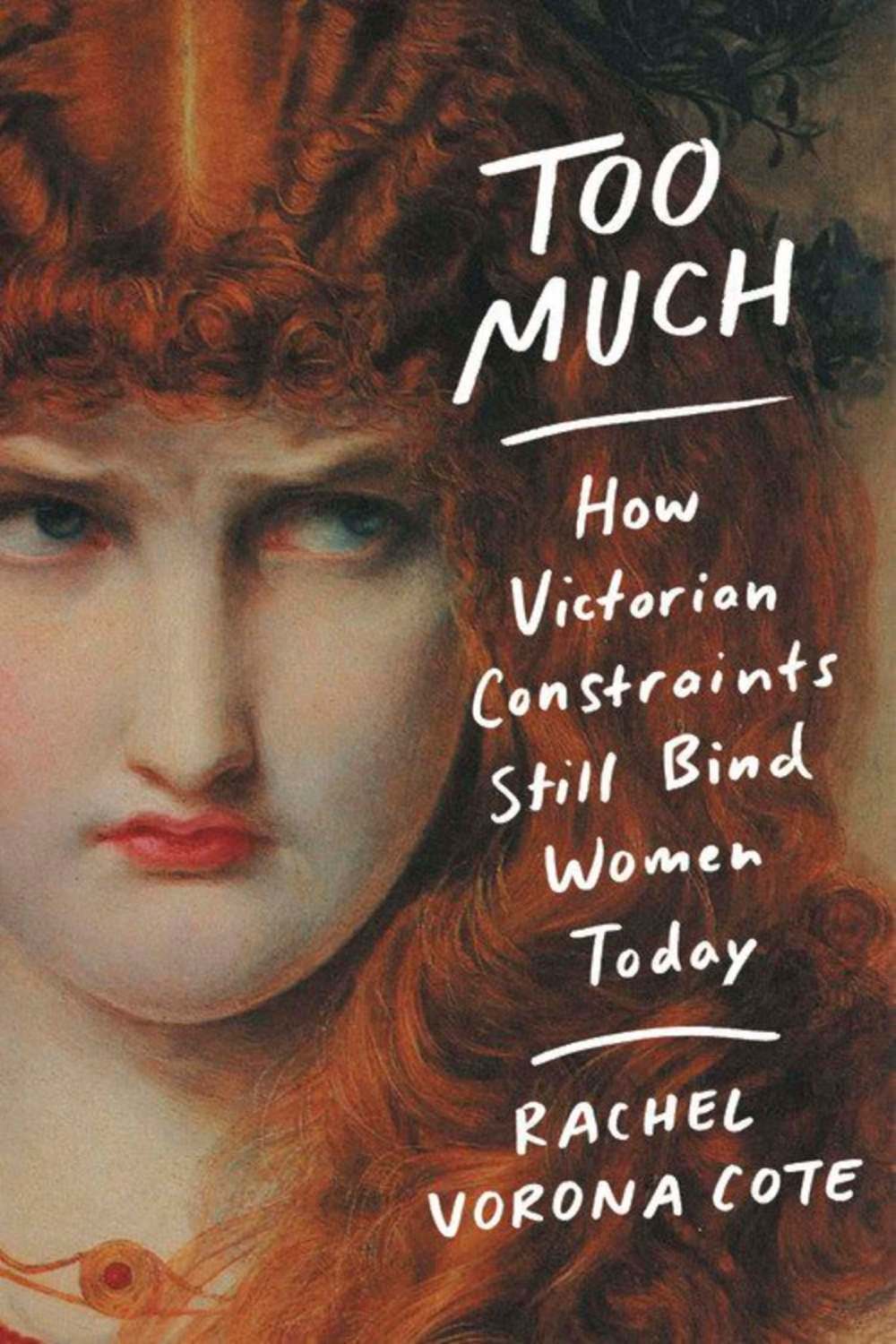Vice and virtue
From Brontë to Britney and beyond, Victorian values still reign supreme for women
Advertisement
Read this article for free:
or
Already have an account? Log in here »
To continue reading, please subscribe:
Monthly Digital Subscription
$0 for the first 4 weeks*
- Enjoy unlimited reading on winnipegfreepress.com
- Read the E-Edition, our digital replica newspaper
- Access News Break, our award-winning app
- Play interactive puzzles
*No charge for 4 weeks then price increases to the regular rate of $19.00 plus GST every four weeks. Offer available to new and qualified returning subscribers only. Cancel any time.
Monthly Digital Subscription
$4.75/week*
- Enjoy unlimited reading on winnipegfreepress.com
- Read the E-Edition, our digital replica newspaper
- Access News Break, our award-winning app
- Play interactive puzzles
*Billed as $19 plus GST every four weeks. Cancel any time.
To continue reading, please subscribe:
Add Free Press access to your Brandon Sun subscription for only an additional
$1 for the first 4 weeks*
*Your next subscription payment will increase by $1.00 and you will be charged $16.99 plus GST for four weeks. After four weeks, your payment will increase to $23.99 plus GST every four weeks.
Read unlimited articles for free today:
or
Already have an account? Log in here »
Hey there, time traveller!
This article was published 29/02/2020 (2097 days ago), so information in it may no longer be current.
Not every cultural commentator has the courage and the smarts to make a meaningful connection between the life of Britney Spears and the gender politics of a Brontë novel.
In her new debut book about “women with big feelings,” American author Rachel Vorona Cote makes this connection and many others as she demonstrates how Victorian-era values continue to shape women’s lives. The result is an energetic and convincing exploration of the tenacity of beliefs that police women’s emotions and their expression. It is also an exploration of the shame some women feel about what Vorona Cote calls their “too muchness.”
Vorona Cote is equally interested in and troubled by the frequency with which women are perceived as too emotional, too sexual, too hungry, too flighty, too opinionated, too angry or too loud. Women who have cried at work, who have been told they laugh too loud or need to calm down, who have been labelled needy, overweight or overly sensitive are likely to connect with the experiences this book explores.

This is also a book for people who have judged women, silently or openly, for a perceived lack of self-control: for failing to be modest, meek, sensible and calm.
Having studied Victorian literature as a graduate student, Vorona Cote has the knowledge she needs to make well-informed connections between Victorian culture and our own. The sex life of Queen Victoria, the poetry of Christina Rossetti, the novels of George Eliot: they all feature in her book.
Importantly, while the depth of her knowledge of Victorian culture is impressive, her handling of Victorian novels and poems, well-known and obscure, is consistently accessible to readers who don’t share her expertise.
What makes Vorona Cote’s book entertaining — in addition to being informative — is the ease with she moves between quoting Lizzo and analyzing Leo Tolstoy’s novel Anna Karenina. Her book is not narrowly focused on either the Victorian era or works of literature. It features insightful readings of popular music by artists such as Lorde and Lana Del Rey and of films such as Peter Jackson’s 1994 film Heavenly Creatures and Noah Baumbach’s 2012 film Frances Ha.
A highlight of the book is an astute and moving discussion of Beverly Cleary’s Ramona Quimby, the spirited protagonist of eight novels that Cleary, a master of depicting unmastered emotion, published over the course of five decades beginning in 1955.
Vorona Cote is also comfortable sharing her own life story. Chapters with titles such as Crazy, Loud and Horny are framed by candid accounts of Vorona Cote’s experiences of failed friendship, infidelity, divorce and self-harm. Some of the stories she shares are harrowing, but Vorona Cote consistently finds both meaning and cause for hope in her firsthand history of emotional intensity.
She is moved by both her personal experiences and her attentive readings of Western culture to forcefully reject restrictions on women’s behaviour, comparing these limits to a corset she is no longer willing to wear. She asserts: “Too muchness heaves with potential as a positive feminine force, but it is the choice to wield it that matters most of all. Emotionally trussed for centuries, we deserve — we are owed — room to breathe.”

It should be noted that for the majority of her book, Vorona Cote focuses on cisgender women and their experiences. In the chapter Loud, she extends her analysis to include “non-binary persons who identified as feminine or female-presenting.”
This is not, however, representative of her approach. In an author’s note, she acknowledges that the ways in which the emotional lives of trans people, gender non-conforming people and men are policed demand careful thought, but explains they are beyond this book’s scope.
A frank, informed and at times poetic defense of intensity, of her own and that of other women, Too Much will hopefully be followed by others that similarly feature her skills as both a writer and a savvy social critic.
Vanessa Warne teaches Victorian literature at the University of Manitoba.

